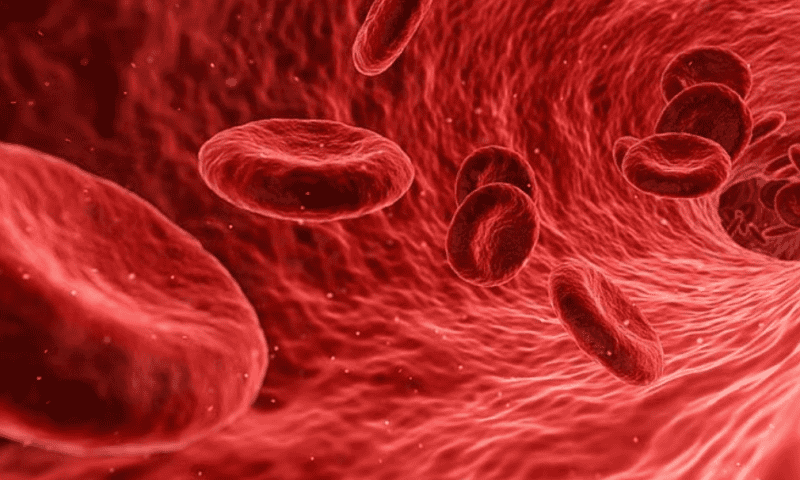Finally, some bloody good news: Researchers have identified new enzymes that bring science closer to developing universal donor blood.
In an article published April 26 in Nature Microbiology, a team of researchers from the Technical University of Denmark (DTU) and Lund University detailed how they discovered gut bacteria enzymes that remove not only A and B antigens from red blood cells but also other components that have historically hampered progress toward universal donor blood.
“We are close to being able to produce universal blood from group B donors, while there is still work to be done for the more complex group A blood,” Maher Abou Hachem, Ph.D., a gut bacteria researcher and one of the study’s senior authors, said in a press release. “Our focus now is to investigate in detail if there are additional obstacles and how we can improve our enzymes to reach the ultimate goal of universal blood production.”
Blood donations must either be matched by type or come from a recipient with the only naturally occurring “universal” blood donor type, O-. Mismatched donations can lead to what’s known as an acute hemolytic reaction, where the immune system attacks the transfused red blood cells.
About 40 years ago, scientists discovered a set of gut enzymes capable of removing antigens that characterize type B blood cells. (A different set of antigens characterizes type A blood cells. Cells with both A and B antigens are type AB, while those without neither of them are type O.) While that team’s work produced cells that could be successfully donated to individuals with other blood types, later evidence suggested that something remaining on the cells could trigger an immune response. A company called ZymeQuest, now known as Velico, attempted to create its own universal donor blood from type A cells, but the work didn’t progress beyond a phase 1 clinical trial.
The new study stemmed in part from new findings that homed in on the components keeping converted red blood cells from achieving complete compatibility. As first author and DTU Ph.D. student Mathias Jensen recalled in a post on Springer Nature Community, a Lund University researcher named Jennifer Ricci Hagman identified a previously undiscovered extension of the type B antigen. This finding led them back to earlier research on similar extensions found on type A antigens, which despite knowledge of their existence hadn’t been thought to play a role in blood type compatibility.
A collaboration between the scientists and Hachem’s lab led to the discovery that enzymes of the bacteria Akkermansia muciniphila, which lives off the mucus lining the surface of the gut, could break down carbohydrate extensions of both type A and type B antigens. This led to Jensen’s Ph.D. project, where he and other researchers screened combinations of 24 different A. muciniphila enzymes against hundreds of blood samples. They ultimately identified seven that were capable of removing not only the antigens but also their extensions. When they tested them in samples of cells with blood type O, they found that their compatibility was higher than that of cells with only the A or B antigens converted.
“After more than three years of hard work and thanks to the efficiency of A. muciniphila enzymes and the joint expertise of involved groups, we provided the first evidence that the removal of extended A and B antigens improves ECO blood compatibility, thereby reviving hope for truly ABO-universal blood,” Jensen said in his post.
The team has applied for a patent on the enzymes and conversion protocol with the hope of eventually commercializing them for clinical use.

